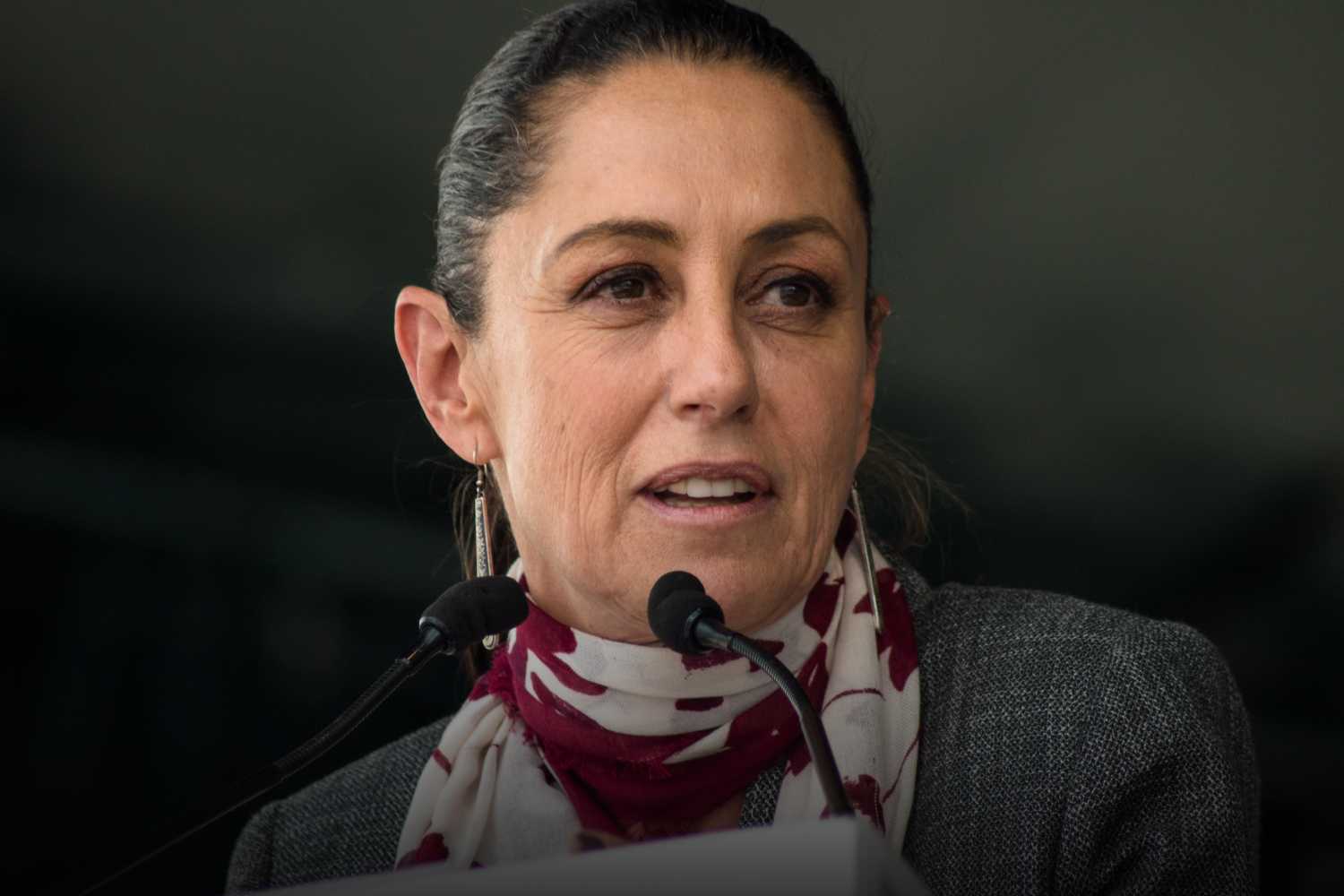Claudia Sheinbaum has been elected as Mexico‘s first female president in a historic landslide win.
Mexico elects first-ever female president
Sheinbaum made history by becoming Mexico’s first female president, winning the election with between 58% and 60% of the vote.
Her victory signifies a monumental shift in Mexican politics, breaking a two-century-long streak of male presidents.
In her victory speech, Sheinbaum emphasised that this win was not just for her, but for all women, highlighting the collective achievement of reaching the highest office in the country.
She acknowledged her rival, Xóchitl Gálvez, who conceded victory gracefully.
Who is Claudia Sheinbaum?
1. Academic and Scientific Background
Claudia Sheinbaum boasts an impressive academic career, having studied physics at the National Autonomous University of Mexico (UNAM).
She earned her master’s degree in 1994 and her PhD in 1995 in energy engineering.
Her doctoral research included work at the Lawrence Berkeley National Laboratory in California, where she analysed energy use in the Mexican transportation sector.
She later became a researcher and professor at UNAM, publishing extensively in scientific journals.
2. Political Career and Environmental Advocacy
Sheinbaum began her political career as Secretary of the Environment of Mexico City from 2000 to 2006.
During this time, she was instrumental in implementing significant environmental initiatives, such as the introduction of the Metrobús system and the construction of the second story of the Anillo Periférico, Mexico City’s ring road.
She later joined Andrés Manuel López Obrador’s movement, the National Regeneration Movement (MORENA), and was elected as the Mayor of Tlalpan and subsequently the Mayor of Mexico City.
3. Historical and Cultural Roots
Sheinbaum was born to a secular Jewish family in Mexico City.
Her paternal grandparents emigrated from Lithuania, while her maternal grandparents came from Bulgaria to escape the Holocaust.
This diverse cultural background has shaped her inclusive and progressive political stance.
4. Climate Change and International Recognition
Sheinbaum has a long-standing commitment to combating climate change.
In 2007, she contributed to the Intergovernmental Panel on Climate Change (IPCC) Fourth Assessment Report on climate change mitigation, a group that was awarded the Nobel Peace Prize that year.
She continued her work with the IPCC, contributing to subsequent reports and establishing herself as an international figure in environmental science and policy.
5. Political Challenges and Vision
As Mexico’s first female president, Sheinbaum has a vision of tackling corruption, enhancing social justice, and continuing the progressive policies of her predecessor.
She faces the challenge of uniting a diverse nation while addressing issues such as economic inequality, crime, and environmental sustainability.
In her victory speech, Sheinbaum emphasised that her win was not just personal but a collective achievement for all women in Mexico, pledging not to let her supporters down.
